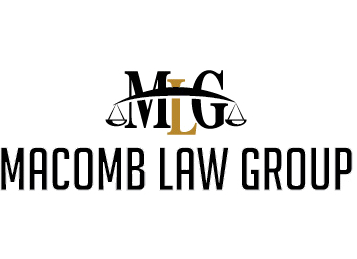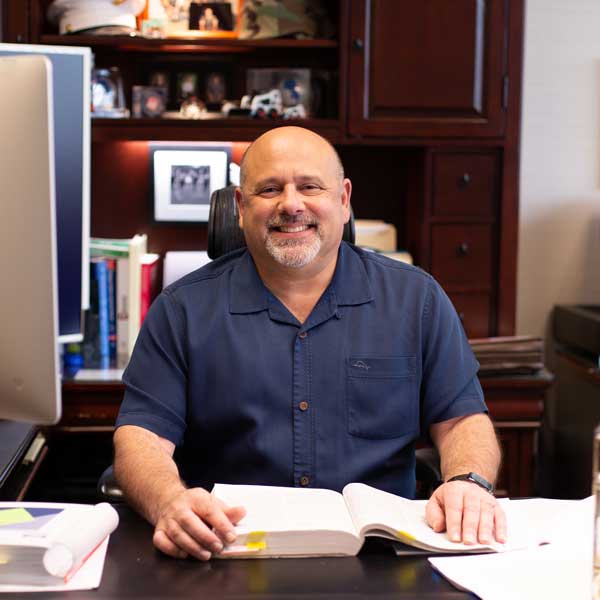It seems like lately there is a new food recall every week. Many fly under the media’s radar and don’t get much public attention. That means you could be eating contaminated food and never know it. So what can you do if you get sick on recalled food? Can you hold the company responsible or will just be the victim of bad luck?
Michigan Included in Dole Spinach Recall
On August 13, 2019, CBS News announced a regional recall on Dole baby spinach including containers sold at Kroger and Target across Michigan. The recalled food tested positive for salmonella, according to a company notice posted by the U.S. Food and Drug Administration.
The spinach recall is important, but it is hardly unusual. In the 2018 fiscal year (10/1/2017 – 9/30/2018), the FDA recorded 1,928 food and cosmetic recalls. The products ranged from romaine to beef, to cereal. The year before, it was salad and flour. Food recalls happen for many reasons, most of which deal with the risk of contamination and food poisoning. Recalled food could be related to:
- Bacterial contamination (including salmonella)
- Unlisted food allergens
- Hazardous materials in the packaging (like plastic, glass, or metal)
- Problems with the quality control process
What to Do If You Bought Recalled Food
Buying recalled food doesn’t automatically mean you will get sick. But it does warrant some extra precautions. Dr. Linda Katz of the FDA’s Center for Food Safety and Applied Nutrition recommends 4 steps:
- Don’t panic. Remember that the recall could be precautionary.
- Don’t eat recalled food. This includes feeding it to pets or donating it to food banks.
- Don’t open it. You won’t be able to smell or taste the bacteria and you could spread it around your kitchen.
- Do follow recall instructions. Most food recalls will say to either throw the food away or return it to your grocery store for a refund.
If you are lucky enough to learn about recalled food after you bought it but before you ate it, these four steps can protect you and your family from getting sick or injured because of the contamination.
What to Do If You Get Sick on Recalled Food
But what if the warning comes too late and you are already sick? Salmonella can cause fever, diarrhea, cramps, headache, nausea, and vomiting. It can cause infections, including (rarely) typhoid fever. When babies, older adults, and people with chronic health problems are exposed, or when salmonella gets into your bloodstream, the consequences can sometimes be serious.
If you learn that you or a loved one have eaten recalled food, be on the lookout for symptoms of food poisoning. Sometimes these symptoms develop right away. Other times, it can take months. Keep a log of how you feel just in case you need it later. If you do get sick after eating recalled food, see your doctor right away. Many of the illnesses caused by salmonella can be treated with antibiotics. Bring your logbook so your doctor can understand all your symptoms and give you a proper diagnosis.
Sometimes, if you get severely ill or are injured by recalled food, you may be able to sue the manufacturer, distributor, or seller of the defective food product. Depending on your circumstances you could be compensated for your illness, injury, expenses related to fixing the problem, and other damages.
Not every case of food poisoning needs to cause a legal battle. But when defective food causes serious illness or hazardous materials cause painful injuries, you need the help of an experienced product liability attorney to investigate and build your case. The product liability attorneys at Macomb Law Group can help. We know how to make the most of state and federal safety laws, and can help you defend your right to trust the food you buy is safe. Contact Macomb Law Group to schedule a consultation and get our team working for you.
Author
-

I began working in personal injury law more than 20 years ago, starting as a law clerk during my first year of law school at Wayne State University School of Law in Detroit. After passing the bar exam in 2002, I went on to become a partner at a series of law firms before opening the Macomb Law Group in 2017.

